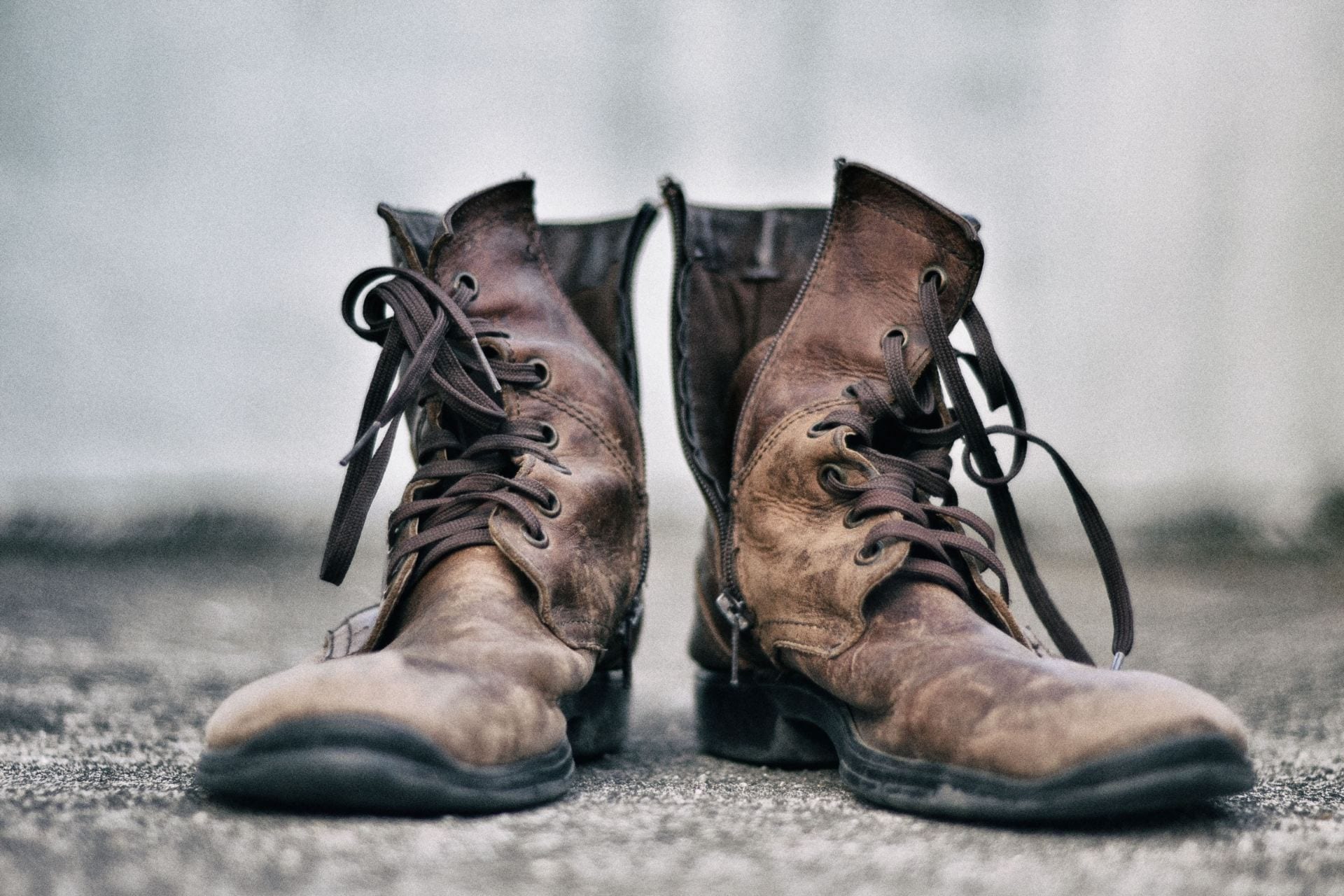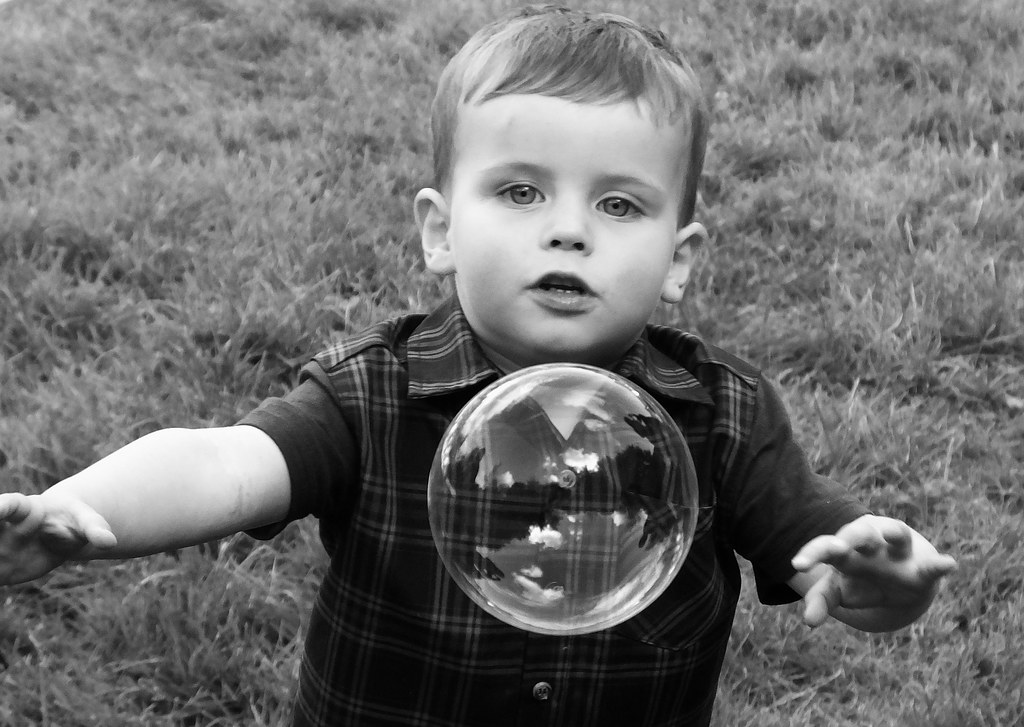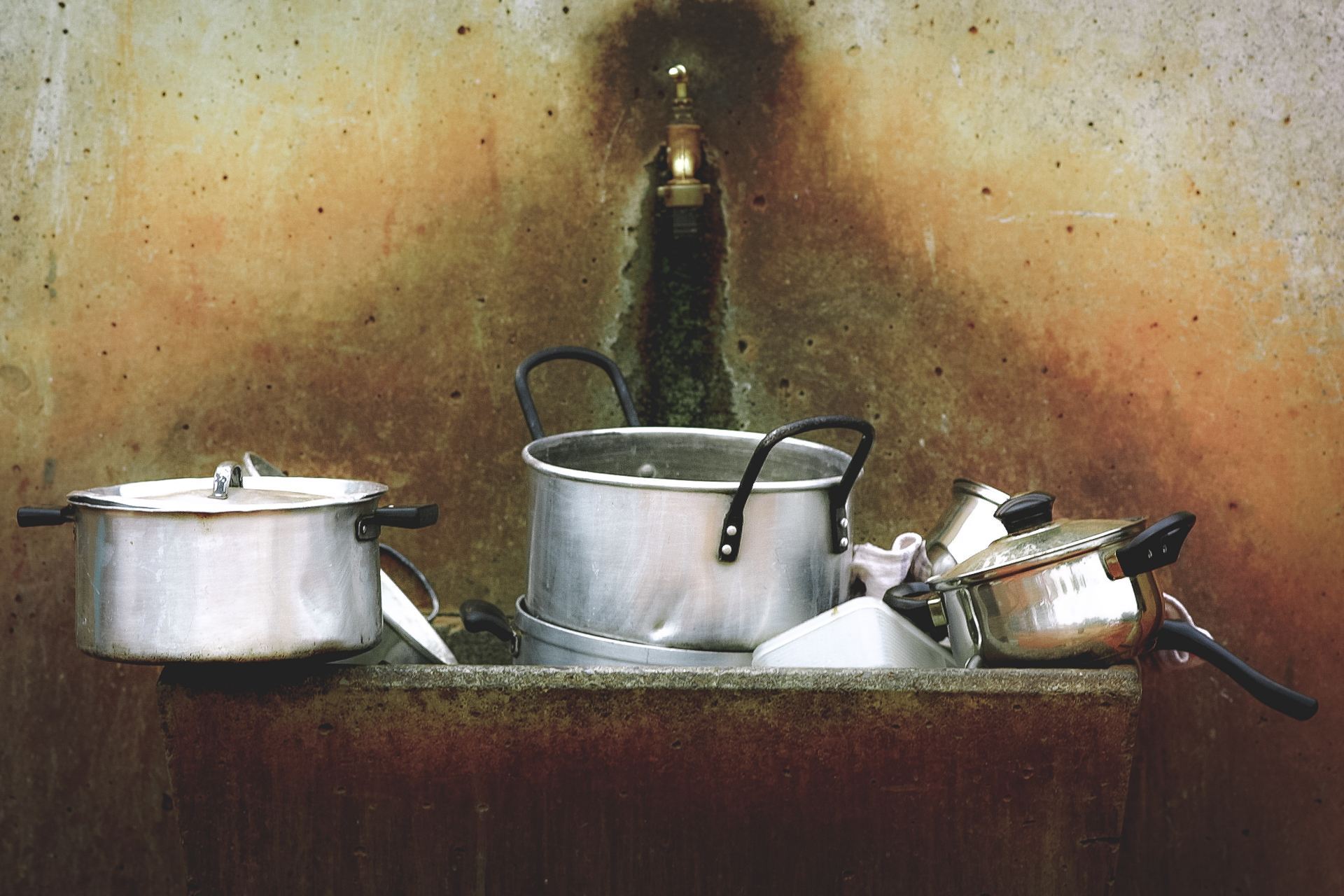
I’ve been playing around with Taylor Mali’s Metaphor Dice. It’s been fun. I first learned about Mali’s dice while reading Bud Hunt’s post (Bud the Teacher) about a automated metaphor generator he created for a makerspace he attended.
All this inspired me to create my own metaphor generator out of a Google Sheets add-on and a bunch of concepts, adjectives, and nouns. Here’s a link to that sheet if you’d like to try it out yourself.
A metaphor that got generated automatically formed the spine of this poem about my father, whose death in February stays in my mind.
untitled
your goblet
of wine,
toppled and shattered
on the floor,
lies next to your body.
shards of glass.
wine soaked
into the carpet.
loss is a sharp stem
thorns. a single
yellow rose
in a vase
on the altar
above your ashes.







